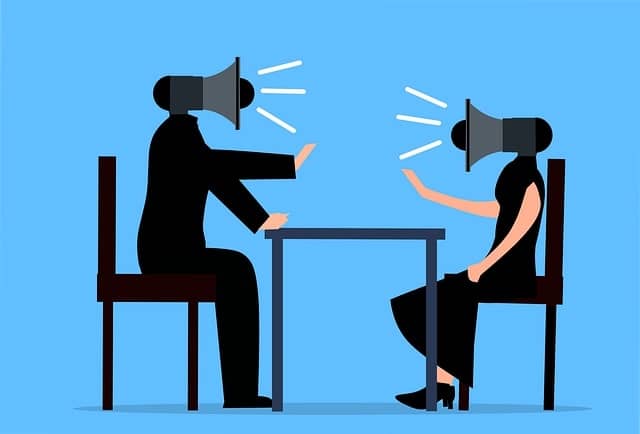Who is to blame for Simon’s death? In William Golding’s classic novel “Lord of the Flies,” the murder of Simon is a tragic and pivotal moment in the story. While it may appear that Jack and the hunters were responsible for Simon’s death, the true culprit is the innate barbarian instincts of the boys.
Who is to blame for Simon’s death? (Answer)
According to Golding, there are two innate human instincts: barbarianism and civilization. In “Lord of the Flies,” these instincts are represented by the characters of Jack and Ralph, respectively. Jack represents the savage instinct, which is characterized by violence, aggression, and the desire for power. Ralph represents the civilized instinct, which is characterized by reason, cooperation, and a desire for order.
Simon, on the other hand, represents a third instinct: spirituality. He is a profoundly spiritual character who seeks to understand the mysteries of the island and the nature of humanity. He is also the only character who realizes the true nature of the “beast” on the island: it is not a physical being, but rather the darkness within each of the boys.
It is this darkness that ultimately leads to Simon’s death. When he emerges from the forest and approaches the group of boys during their frenzied dance, they mistake him for the “beast” and attack him with their spears. While Jack and the hunters are indeed involved in the attack, they are not solely responsible for Simon’s death. Instead, the boys’ collective barbarian instinct drives them to violence and leads to Simon’s tragic end.
Throughout the novel, Golding uses Simon as a symbol of hope and redemption. He represents the possibility of transcendence over the darkness within each of us. However, his death serves as a reminder that this transcendence is not effortless or guaranteed. It requires constant vigilance and a commitment to the ideals of civilization over barbarianism.
Is Ralph responsible for Simon’s death?
In the book Lord of the Flies, Ralph can be seen as partially responsible for Simon’s death. Although he is not directly involved in the brutal murder, he contributes to the chaotic atmosphere on the island that leads to Simon’s tragic demise. Ralph, as the elected leader, fails to effectively control and guide the group. He allows fear and savagery to take hold, leading to a breakdown in civilization and morality. Even though Ralph and Piggy are not active participants in Simon’s killing, their failure to intervene or prevent it demonstrates their complicity in the events that transpire. Thus, while Ralph may not bear full responsibility for Simon’s death, his actions (or lack thereof) contribute significantly to this tragic outcome.
What caused Simon’s death in Lord of the Flies?
In Lord of the Flies, Simon’s death was caused by a tragic turn of events when he stumbled upon the group of boys engaged in a wild and frenzied dance on the beach. Mistaken for the feared “beast,” the boys, caught up in their primal instincts and consumed by fear, fall on Simon violently, ultimately leading to his untimely demise.
Was Simon’s death an accident?
No, Simon’s death in Lord of the Flies was not an accident. It was a deliberate act committed by the other boys on the island. In Chapter 9, Simon emerges from the forest to inform the group that the so-called “beast” they fear is actually a dead parachutist. However, in their frenzied state and mistaking Simon for the beast, they viciously attack him and ultimately kill him. This tragic event reveals the depths of darkness and brutality that humans are capable of when driven by fear and mob mentality.
How do Ralph and Piggy feel about their role in Simon’s death?
Ralph and Piggy both want to deny having anything to do with Simon’s death. They are overwhelmed with guilt and remorse but struggle to acknowledge their role in the tragic event. Deep down, Ralph and Piggy understand that their participation in the brutal mob mentality that led to Simon’s demise cannot be ignored, yet they desperately try to distance themselves from the responsibility. Their overwhelming desire to deny any involvement reflects their fear of facing the harsh reality of what they have become on the island.
Conclusion
In conclusion, while it may be tempting to blame Jack and the hunters for Simon’s death in “Lord of the Flies,” the true culprit is the innate barbarian instincts of the boys. Golding’s novel is a powerful reminder of the dangers of giving in to our darker impulses and the importance of striving for civilization over barbarism.
